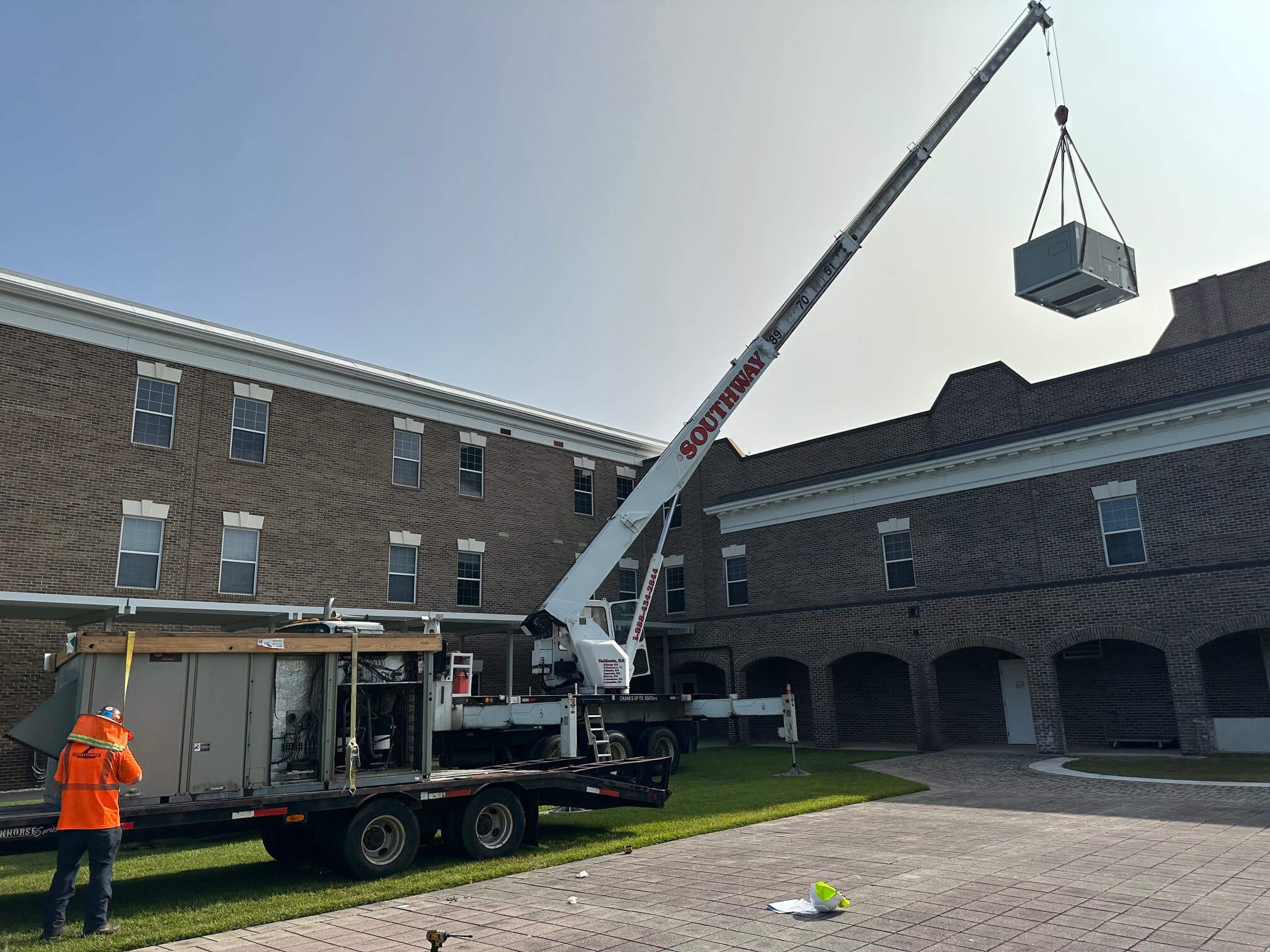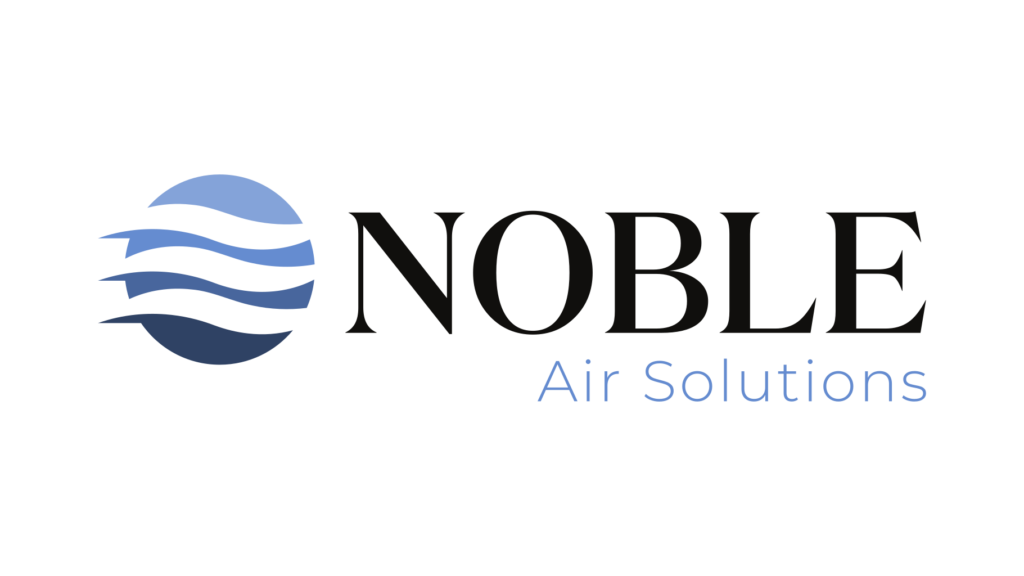The unique weather conditions in Tallahassee present both challenges and advantages for enhancing the efficiency of your HVAC system. By boosting the effectiveness of your HVAC system, you can enjoy substantial advantages, including decreased expenses and a reduced environmental impact.
The efficiency of your HVAC system is crucial for lower utility bills and a smaller carbon footprint.
Optimizing your HVAC system can lead to better indoor air quality, resulting in a healthier and more comfortable living environment for you and your loved ones.
By applying practical strategies to enhance HVAC efficiency, you can create a more efficient and sustainable home.
Hvac efficiency for energy savings
Ensuring peak efficiency in your HVAC system is essential for achieving substantial savings on energy costs. Small adjustments to your heating, ventilation, and air conditioning system can result in notable reductions in energy expenses.
By familiarizing yourself with the critical factors impacting HVAC efficiency, you can take proactive measures to enhance your system’s performance and promote energy savings.
Regular maintenance, adequate insulation, and investment in energy-conscious equipment are among the strategies you can employ to boost efficiency in your HVAC system.
Prioritizing energy savings through improved HVAC efficiency not only benefits your finances but also fosters a healthier indoor environment for you and your loved ones.

Indoor air quality and ventilation system
Maintaining a healthy and comfortable living environment hinges on the quality of the air inside your home. Proper ventilation is crucial for ensuring that indoor spaces are free from pollutants and allergens, which can have detrimental effects on your health.
When indoor air quality is compromised, it can lead to respiratory problems and allergies, highlighting the importance of optimizing your HVAC system.
By effectively filtering out pollutants and regulating air flow, you can vastly improve the indoor air quality of your living space.
To achieve this, factors such as regular maintenance and the use of high-quality air filters are essential. Prioritizing energy efficiency in your ventilation system not only brings about cost savings but also environmental benefits.
Benefits of Proper Ventilation for Indoor Air Quality
- Regular maintenance of HVAC systems can significantly improve indoor air quality by reducing pollutants and allergens.
- High-quality air filters are essential for trapping harmful particles and ensuring clean air circulation in your home.
- Optimizing your ventilation system for energy efficiency not only saves money on utility bills but also reduces environmental impact.
Heating and cooling ductwork inspection
Ensuring the cleanliness and functionality of your home’s ventilation system is essential for maintaining a comfortable and healthy indoor environment. Regular inspection of your heating and cooling ductwork is crucial for identifying any issues that may affect the efficiency of your ventilation system.
Signs such as mold growth, unusual odors, or inconsistent airflow can indicate the need for immediate attention.
To conduct a comprehensive inspection, you should check for leaks, gaps, or obstructions in the ducts to prevent any potential issues with your ventilation system.
Common problems that may be found include dirt accumulation, pest infestations, and deteriorating insulation, all of which can impact the performance of your ventilation system. By staying proactive and regularly maintaining your ductwork, you can enhance indoor air quality, increase energy efficiency, and extend the lifespan of your HVAC system. Remember not to underestimate the significance of scheduling routine inspections to ensure that the ventilation system is working efficiently and providing clean air for occupants.
Thermostat calibration for air filter replacement
Optimizing the performance of your HVAC system is essential for maintaining energy efficiency and reducing costs. If you notice temperature inconsistencies or frequent cycling of your heating and cooling system, it may be time to consider thermostat calibration.
This maintenance task is crucial for ensuring accurate temperature control and improving indoor air quality in your home or office.
By following a step-by-step guide for thermostat calibration, you can extend the lifespan of your heating and cooling equipment.
Don’t underestimate the impact of regular calibration on the efficiency and effectiveness of your HVAC system.
Benefits of Thermostat Calibration
- Proper calibration can help reduce energy consumption
- Accurate temperature control can improve comfort levels
- Regular calibration can prevent unnecessary wear and tear on HVAC equipment
Energyefficient upgrades for temperature control
Looking to enhance your home’s climate control system with sustainable solutions that can help cut costs and lessen your environmental footprint?. Correctly sealing air leaks can uphold a consistent indoor temperature and diminish energy wastage.
By installing a programmable thermostat, you can personalize temperature settings based on specific times of the day, thus maximizing energy efficiency.
Regular maintenance of your HVAC system can significantly boost its functionality and prolong its lifespan.
Considering an upgrade to an energy-efficient HVAC system can lead to substantial long-term savings. And don’t overlook the importance of scheduling a thorough ductwork inspection to guarantee optimal airflow and energy conservation.
Humidity levels in duct cleaning
For optimal performance and efficiency of HVAC systems, it is essential to pay attention to the humidity levels within ductwork. High levels of humidity can contribute to indoor air quality issues such as mold and mildew growth, while low humidity levels can affect energy efficiency and system integrity.
Regular monitoring and adjustment of settings, along with proper thermostat calibration, are crucial in maintaining the desired humidity levels in duct cleaning.
By following these steps, you can ensure both the health and effectiveness of your HVAC system.
HVAC System Humidity Levels
- High humidity levels can lead to mold and mildew growth in HVAC systems
- Low humidity levels can impact energy efficiency and system integrity
- Regular monitoring and adjustment of settings are essential for maintaining desired humidity levels
- Proper thermostat calibration is crucial for controlling humidity levels in ductwork
Air circulation performance consumption
Efficient operation of HVAC systems relies on a thorough understanding of the essential elements that impact air circulation performance and energy consumption. To maximize energy efficiency and maintain high indoor air quality, various factors must be taken into account.
The size and efficiency of the system, ductwork design, insulation, and thermostat settings all play critical roles in determining the overall energy consumption.
Regular maintenance, cleaning, and air filter replacement are key practices to optimize air circulation performance and ensure a healthy indoor environment.
When it comes to air filter replacement, it is crucial to stay vigilant and timely in this maintenance task.
Regular air filter replacement is necessary to guarantee proper airflow, which is essential for maintaining indoor air quality and achieving energy efficiency goals. Investing in air filter replacement is a small price to pay for the significant benefits it offers in terms of energy savings and improved air circulation performance. The mechanic recommended scheduling an air filter replacement.
Smart programmable zoning automation controls.
Innovative energy-efficient upgrades, such as smart programmable zoning automation controls, provide a modern solution for optimizing HVAC systems. By leveraging cutting-edge technology, these controls empower users to customize zones within their space, enhancing comfort and efficiency.
One key benefit is the ability to schedule temperature adjustments based on occupancy or time of day, leading to substantial energy savings over time.
These controls play a crucial role in improving indoor air quality by regulating airflow and ventilation.
When seeking to enhance the energy efficiency of your HVAC system, consider the smart choice of integrating programmable zoning automation technology. Revolutionize your approach to managing heating and cooling needs with this advanced solution.
Benefits of Smart Programmable Zoning Automation Controls
- Customizable zones enhance comfort and efficiency
- Scheduling temperature adjustments based on occupancy or time of day leads to substantial energy savings
- Regulating airflow and ventilation improves indoor air quality
- Integrating programmable zoning automation technology revolutionizes HVAC system management
Optimizing HVAC System Efficiency in Tallahassee FL
Evaluating HVAC System in Tallahassee FL
